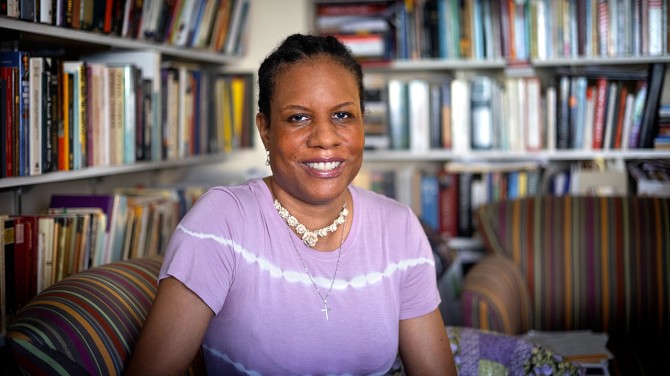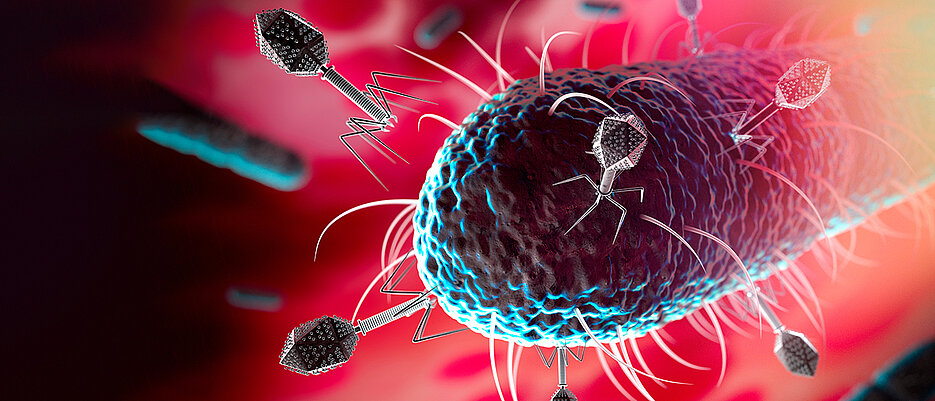Adjunct Associate Professor Eileen Pittaway and Dr Linda Bartolomei are fighting for gender equality in international refugee law and policy.
Refugee women and girls in camps on the Thai-Burma border are among the first-responders helping local communities cope with the additional challenges of COVID-19.
For many, this continues work they’ve been doing for years, drawing on their skills, knowledge and experience of conflict, flight and survival. They are supplying food, masks, soap and health information across seven refugee camps as well as providing emotional support to the most vulnerable, including survivors of sexual and gender-based violence, people with a disability and the elderly.
The women are just one group from the three very different refugee sites, in Thailand, Kuala Lumpur in Malaysia, and Cox’s Bazar in Bangladesh, working with Adjunct Associate Professor Eileen Pittaway and Dr Linda Bartolomei from UNSW Arts & Social Sciences.
The researchers have been funded by the Department of Foreign Aid and Trade (DFAT) to monitor the realisation of gender commitments made in the Global Compact of Refugees (GCR).
The GCR was developed by the UN High Commissioner for Refugees (UNHCR) in consultation with governments and other experts and affirmed in December 2018. It frames the need to find sustainable solutions for the world’s refugees as a shared global responsibility and provides a framework for doing this.
While the pandemic has reshaped the project, as travel to all three refugee sites has stopped, DFAT granted them permission to enable refugee women and local partner agencies to adapt programs to meet their own needs.
Refugee women on the Thai-Burma border said, “Just support us to be involved … we can do many things ourselves … with resources, we can support our sisters, offer good services… It does not have to be done for us”.
The project, Refugee Women and Girls: Key to the Global Compact on Refugees, documents and reports on its findings at key meetings of UNHCR Geneva, with support from Geraldine Doney as project manager.
Placing refugee women and girls front and centre
That “refugee women leaders are finally being recognised as key to assisting other women and girls facing the COVID-19 pandemic” represents significant progress, say A/Prof. Pittaway and Dr Bartolomei.
Their research prioritises participation from refugee women and girls on the frontline in identifying problems and solutions and in program implementation. It aims to ensure services respond to their lived experience and meet essential needs.
Unfortunately, large aid organisations often focus on big-picture goals. In the aftermath of the 2005 tsunami in Sri Lanka, for example, “one local woman said, ‘We need a glass of water. And they’re offering us a well in three months’ time. We’ll be dead before the well is built’,” she says.
For example, often refugee and displaced women are seeking immediate, small-scale support: with “$10 a day a woman could work miracles: buying aspirin here, filling a prescription, by coming back with a sarong for a woman who was [left] naked by the tsunami”, A/Prof. Pittaway says.
Recognising the diverse needs of displaced peoples
A/Prof. Pittaway and Dr Bartolomei chose the three refugee sites for their divergent socioeconomic and political contexts to test how international polices are affected by these variables. Refugees on the Thai/Burma border have been living in large camps for more than 30 years in some cases, Dr Bartolomei says.
Kuala Lumpur, Malaysia is a complex setting with a diverse population of refugees – “we’re working with refugee women from 15 or so different countries” – living in an urban setting.
By contrast, Bangladesh, host to large numbers of Rohingya refugees for over 30 years, was in crisis when the project began. Almost 900,000 additional refugees crossed the border from Myanmar in a two-year period.
It comes down to real-world impact
“We’re not interested in just understanding the impact of problems, and trying to patch up those problems. We’re interested in really understanding what are the root causes, what are the structural causes of why refugee women and girls continue to face rape and abuse on a daily basis?” Dr Bartolomei says.
“A lot of those answers lie in policy change, in law change, [and] most importantly and critically, in the change of attitudes and discourses about refugee women.”
The motivation is to create real change through their research: “We both come from the mindset that if you are going to work with some of the most vulnerable people in the world, if you’re not going to have a good impact, then you shouldn’t be doing it – it’s ethically wrong to do this, I think,” A/Prof. Pittaway says.








